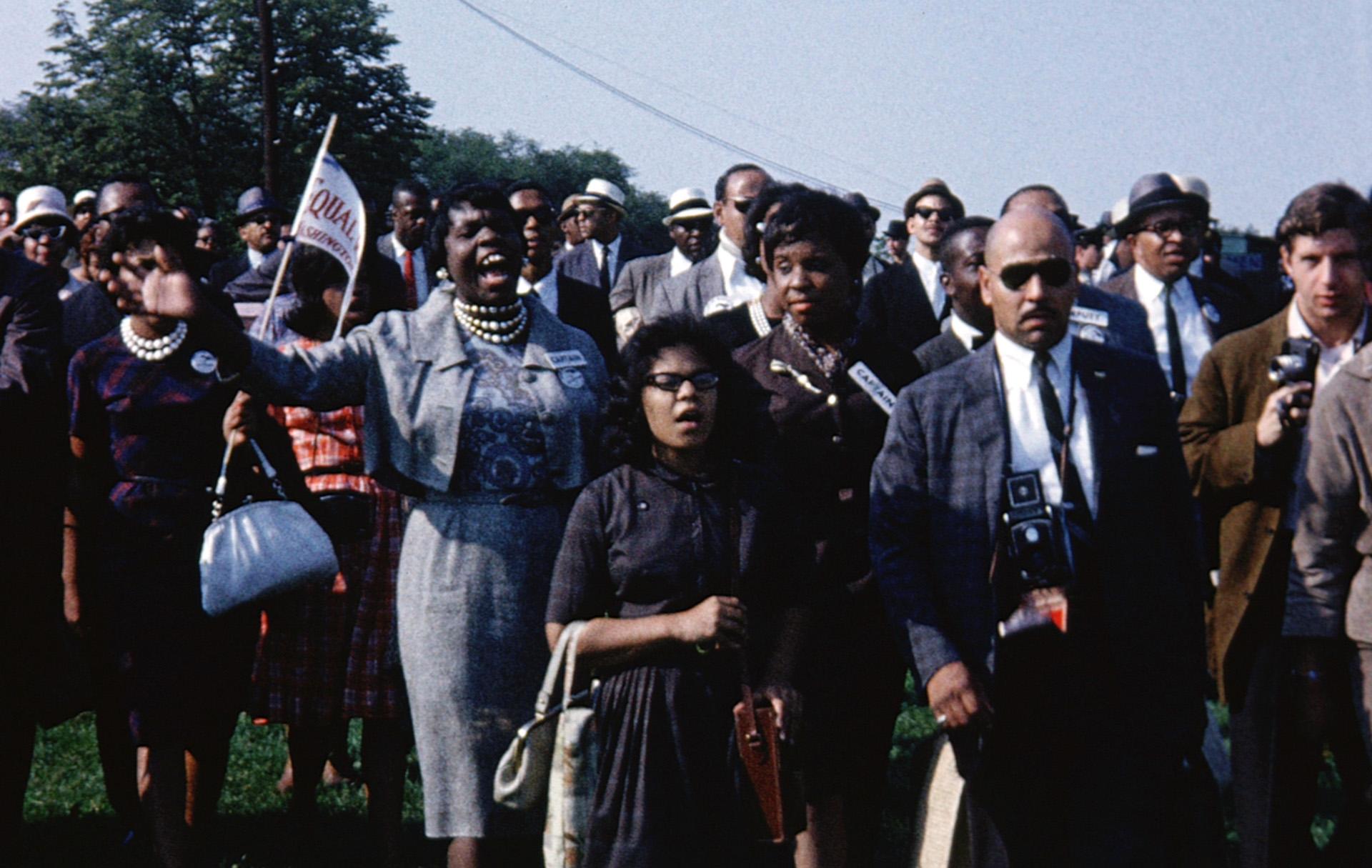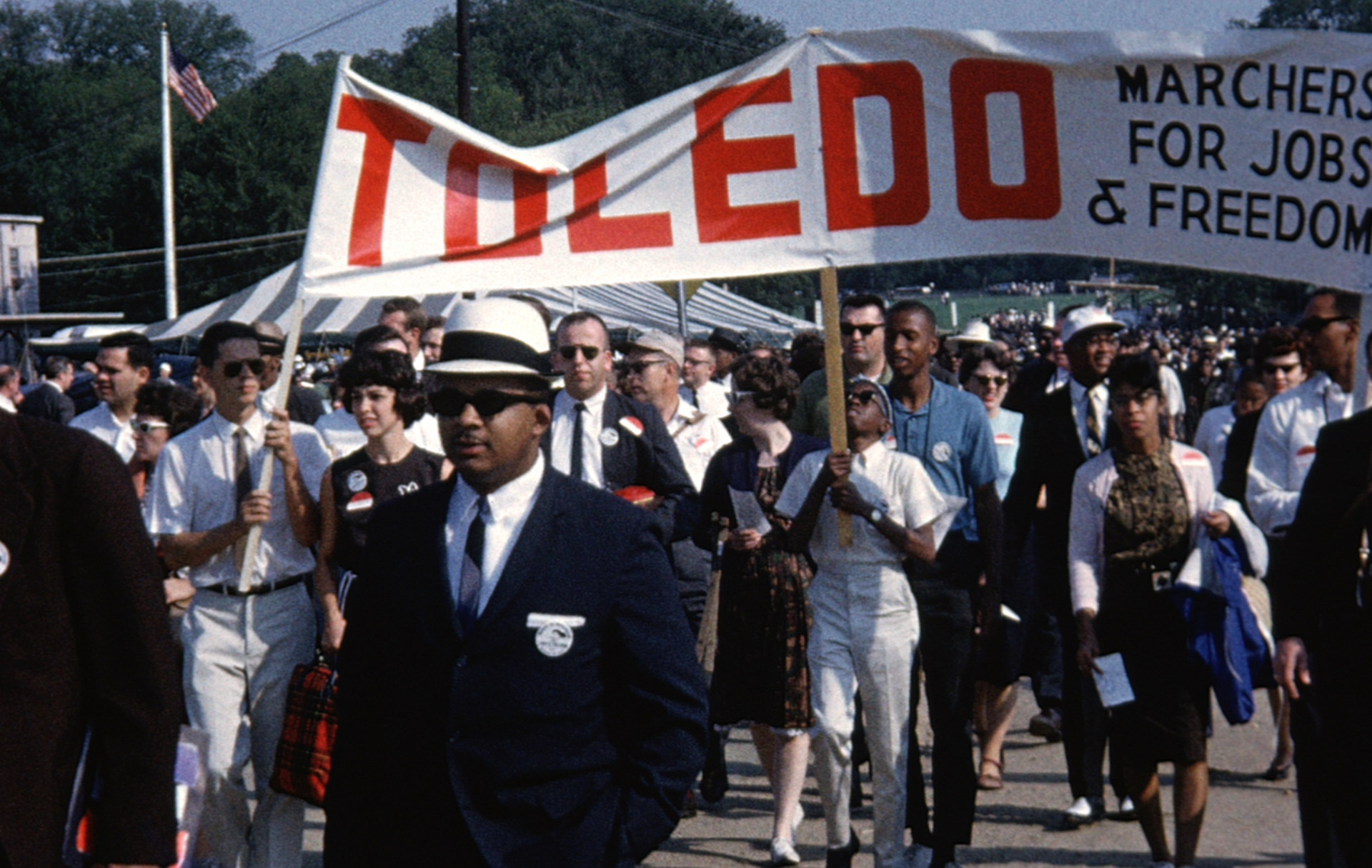Historic Films Archived In Greenport


It started with a love of music and a degree in film, and it led to a combination of both for Sag Harbor resident Joe Lauro, founder of Historic Films Archive, which has been headquartered in Greenport since 2006.
“By nature, I’m a collector,” said Lauro, who is also the bassist for The Hoodoo Loungers. “It’s part of my being. I’ve collected 78 RPM records since I was 15, and I’ve always loved film. Those instincts on how you ferret out older things, and research to find elusive items from the past served me well with the archive we have, which is just about the largest commercial archive of American music on film in the world at this point.”
After his stint at NYU film school, “I had to make a living,” he said. Like so many people, he did “this and that.” After working with another film archive company, managing it for seven years, Lauro decided to go it alone. “I went off and opened my own shop. And it’s fun for me,” he said. “When people need old music material, or old archival stuff, they come to us. It’s highly digitized, you can put in a keyword — it’s all state of the art.”
Lauro’s partner in Historic Films is filmmaker Andrew Solt, who owns the rights to “The Ed Sullivan Show” library. “Don Kirschner, the legendary producer, put us together.” The company also has the rights for the famed Pathe news, which usually played in movie theaters before the main features from the early part of the 20th Century until 1970.
Lauro waxes about the “constant joy of discovery” he still experiences after over 20 years in business, and the new clips that never fail to evoke an emotional response in him.
“A recent ‘Eureka’ moment was this amazing footage that was shot by a fellow named Jules Cahn, a man from New Orleans, who documented all the jazz parades, and all the black culture of New Orleans in the 1950s and ’60s,” Lauro said. His company represents the footage. “It’s all in color, and we’ve had it transferred into 2K. That, in and of itself, would be amazing on its own,” he said.

But wait, there’s more.
“But within that, I found some color footage of the March on Washington, which is very unusual,” Lauro said. The march, which took place in the late summer of 1963, was held to advance the Civil Rights Act, and culminated with Martin Luther King Jr.’s famous “I Have A Dream” speech.
“You see black and white all the time,” Lauro said. “But we have this 20-minute roll of all of these intimate moments, beautifully shot. I’ve never seen this — there were tents set up, where they were giving out things to people, it’s just beautiful. We only discovered this two months ago, and we’ve used it three or four times already.”
The documentary film industry is one that is not as affected as other arts during this time of the pandemic. “It’s a lot of research,” Lauro said, “and there’s a lot of documentaries being done. All these ‘in the editing room’ projects are continuing on with a vengeance,” he said. “It’s exploding, because everyone is looking online for something to do. Any films that people can do at home, that’s what is happening now.”
In his own documentary project on the Newport Folk Festival — which featured Pete Seeger, Bob Dylan, and other folk heroes in the early ’60s — Lauro is sending microphones to the festival’s participants to record audio, but plans to show them “when they were still young and beautiful,” he said with a smile.
For more information about the film available, or just to browse, the Historic Films Archive website is www.historicfilms.com.



